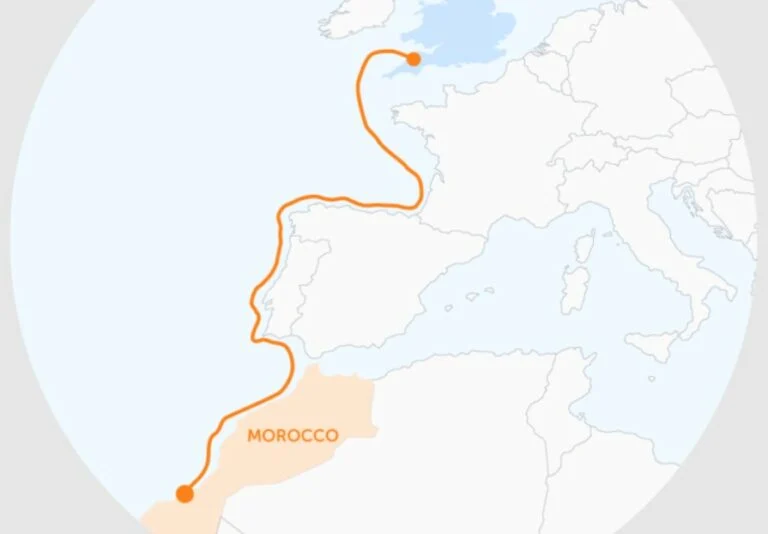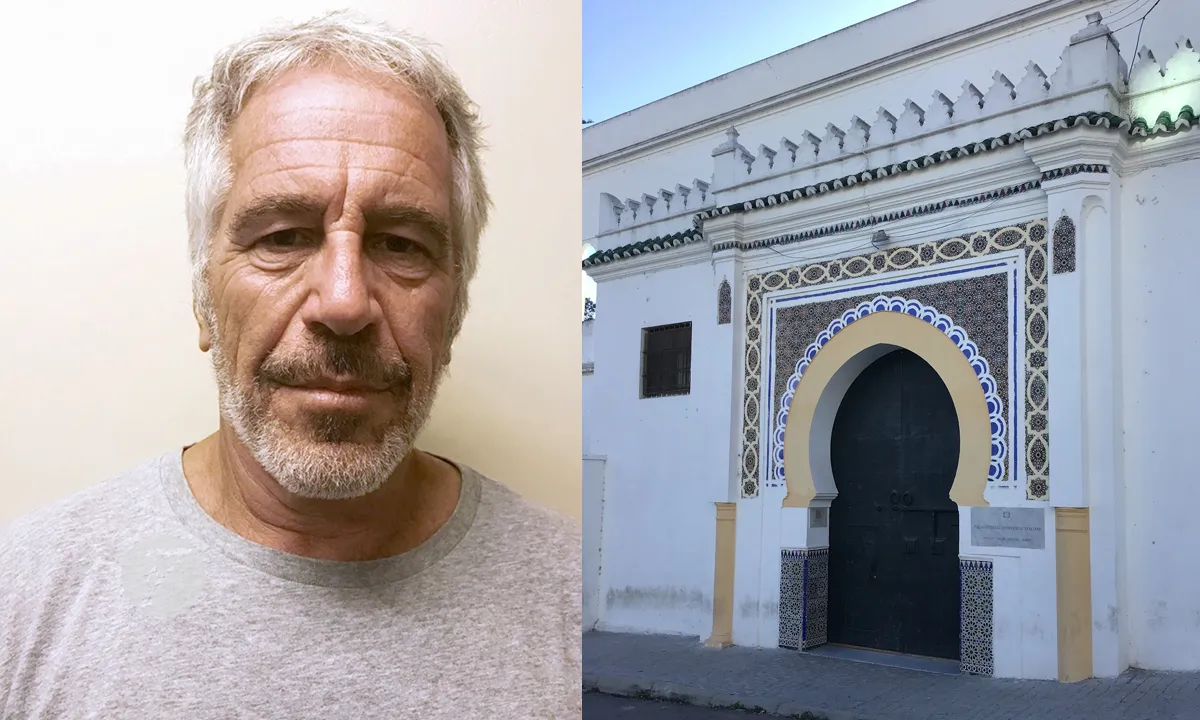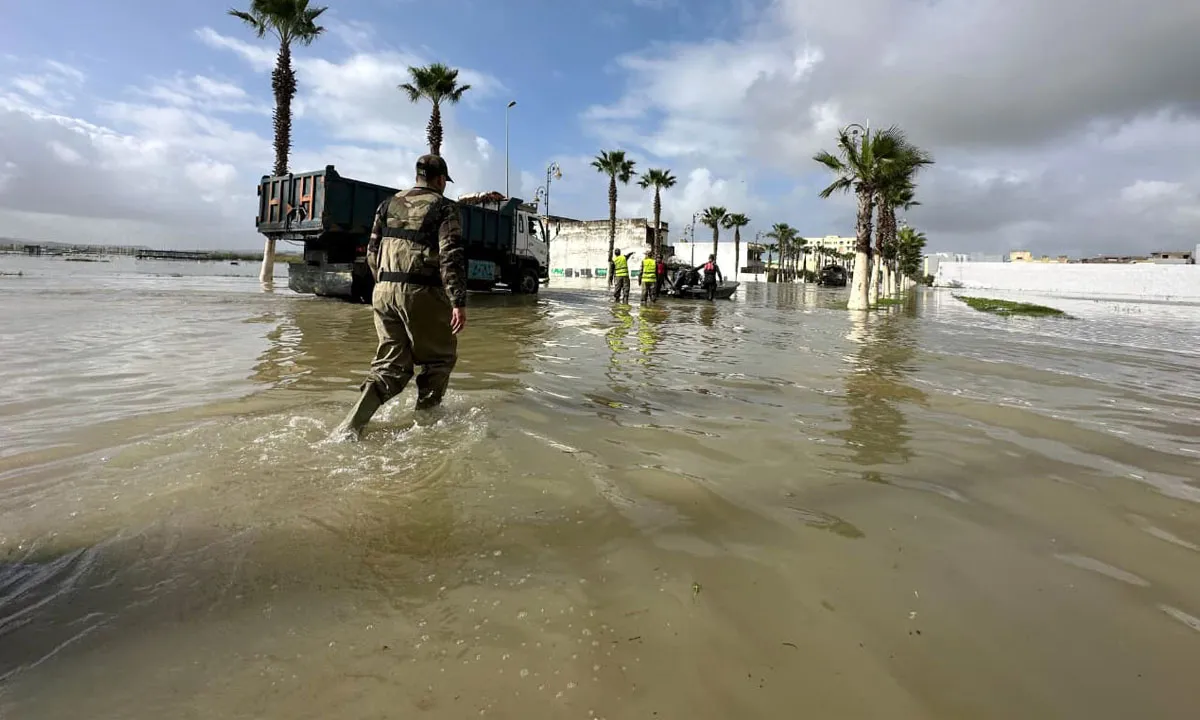On Thursday, the UK government announced the cancellation of a £25 billion ($34.39 billion) project aimed at transferring renewable energy from Morocco to the UK via the world’s longest underwater cable.
Energy Minister Michael Shanks stated in a written parliamentary announcement, “The government has determined that continuing to consider support for the Moroccan-British energy project is not in the national interest of the UK at this time.” This article outlines the project details, reasons for its cancellation, and implications for the UK’s renewable energy goals.
What was the Moroccan-British Energy Project?
The "Xlinks" project was designed to supply energy to approximately 7 million British homes by 2030 using solar and wind energy sourced from Morocco’s coastal desert. The plan involved constructing a 3,800-kilometer (2,361 miles) high-voltage direct current underwater cable connecting Morocco to South West England. Key features of the project included:
- Energy Source: Solar and wind resources abundant in Morocco.
- Capacity: Providing energy for 7 million British homes, supporting carbon neutrality goals.
- Infrastructure: The longest underwater cable in the world at 3,800 kilometers.
- Significance: It was classified by the previous Conservative government as a “nationally significant” project.
The project was seen as a pioneering step towards international cooperation in renewable energy, leveraging Morocco’s optimal climatic conditions.
Reasons for Project Cancellation
Minister Michael Shanks noted that the project currently does not align with British national interests, without elaborating on specific details. However, several challenges likely contributed to this decision:
- Financial Challenges: The substantial cost of £25 billion posed significant hurdles in attracting public and private investments.
- Regulatory Complexities: The project required complex international agreements and regulatory approvals, complicating its execution.
- Technical Risks: Constructing and maintaining a 3,800-kilometer underwater cable presented unprecedented engineering challenges, raising concerns about reliability and costs.
- Policy Shift: The new government may have redirected energy priorities towards local renewable projects.
Implications for the UK’s Renewable Energy Strategy
The cancellation is a setback for the UK’s goals of diversifying energy sources and reducing dependence on fossil fuels. The project was expected to play a vital role in achieving carbon neutrality by 2050. Following its cancellation, the UK may need to:
- Accelerate investment in local renewable energy projects, such as offshore wind farms and solar power.
- Explore alternative international partnerships for energy importation or joint projects.
- Strengthen infrastructure for energy storage and distribution networks to support intermittent renewable sources.
This decision highlights the challenges of balancing cost, innovation, and practicality in large-scale energy projects.
Future of Xlinks and Morocco
For Xlinks, this cancellation represents a significant hurdle, but the company may seek alternative markets or partnerships to leverage its expertise in long-distance energy transfer. Meanwhile, Morocco, with its vast renewable energy potential, remains an attractive hub for green energy projects and may redirect its resources towards other international collaborations or local initiatives.
















